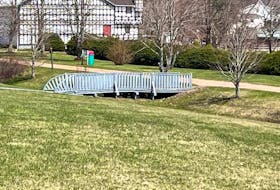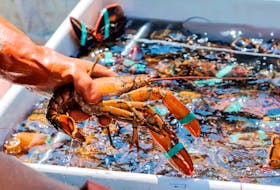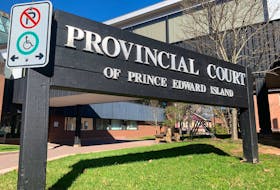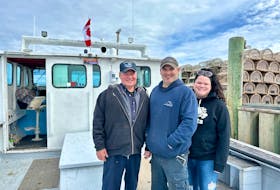CHARLOTTETOWN, P.E.I. — Preserving more of Atlantic Canada’s unique natural landscapes and key wildlife habitats were the main topic of discussion when the Nature Conservancy of Canada’s (NCC’s) regional board of directors met recently in Charlottetown.
Some of the agenda was for the birds.
The NCC board reviewed a new report in the journal Science that revealed 2.9 billion birds have disappeared from Canada and the United States since 1970. Habitat loss is a major reason behind a reported 29 per cent drop in bird populations in the last 50 years, and shorebird species are among the most seriously affected.
“This finding reinforces why private land conservation is so important,” said John Foley, NCC vice-president for Atlantic Canada. “Prince Edward Island may be small compared to other provinces, but it has a vital role in helping sustain various bird species. By working with private landowners to conserve more coastal habitats, we hope to contribute to a rebound for some of these species before it’s too late.”
The board members also discussed a new conservation target issued by the federal government that calls upon Canadian land trusts to protect 200,000 hectares (more than 494,200 acres) of land and water over the next four years and allocates a total of $100 million for conservation projects. The federal funding requires land trusts to raise matching funds from private donors.
Among the projects on P.E.I., the NCC is working to conserve the Island's older Acadian forests, which provide some of the most critical habitats for wildlife. Acadian forest is the original native forest of the Maritimes, which features a diverse mix of more than 30 species of trees. Less than five per cent of older Acadian forest remains in the region.
"Older forests and intact salt marshes are some of our most productive and beneficial ecosystems,” said Lanna Campbell, P.E.I. program director for the Nature Conservancy of Canada.
“They not only benefit wildlife, they protect our communities’ air and water quality and act as buffers for climate change. P.E.I.’s natural areas are under pressure and conserving the salt marshes and coastal forests that remain, like our current project in Abram-Village, is one of the most important things we can do for our province.”
Also during the meeting, the NCC welcomed Ann Worth, a P.E.I.-based international business consultant and outdoor enthusiast, to the board.
Worth has served in leadership positions in the private and not-for-profit sectors including Meetings and Conventions Prince Edward Island, P.E.I. Aquaculture Alliance and Atlantic Canada
Food Export Partnership (now Food and Beverage Atlantic). Worth will join local lawyer Ryan McCarville as the Island’s representatives on NCC’s national board.
“With Ann and Ryan on our team, we look forward to making progress on several conservation priorities during the next year,” said Campbell.









